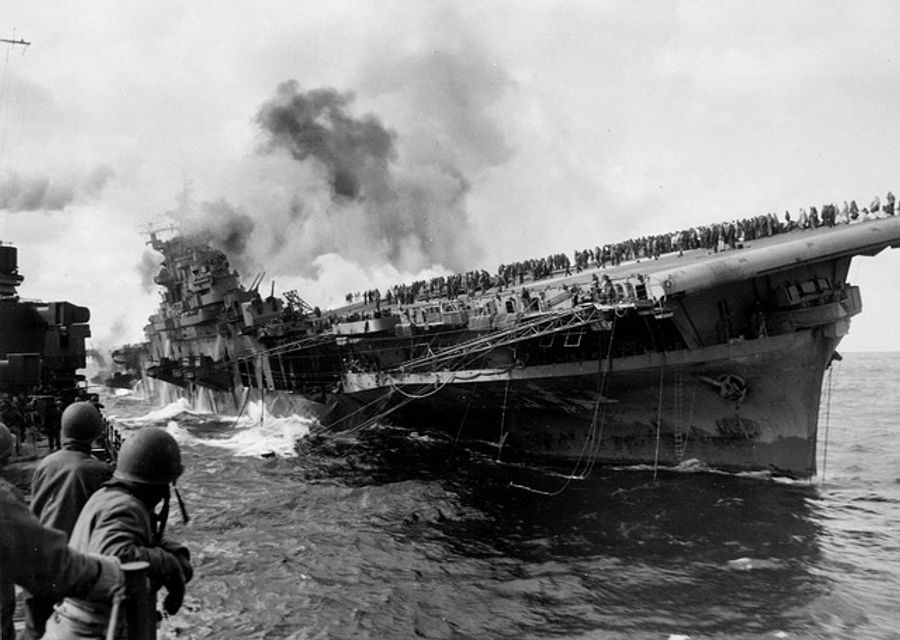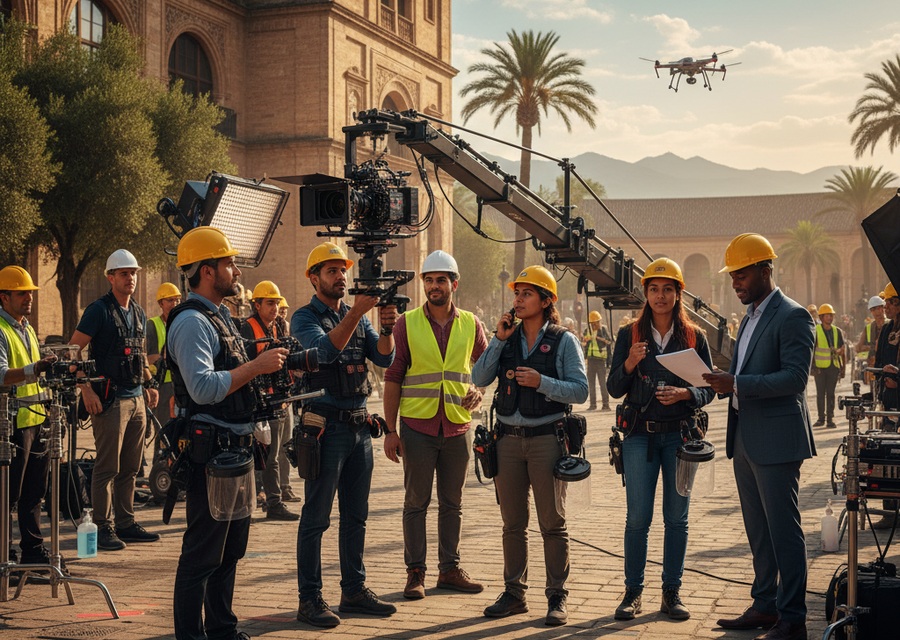Understanding the Pager Bomb Attack: Impact and Aftermath
- THE MAG POST

- Aug 9, 2025
- 5 min read

The recent pager bomb attack on Hezbollah members in Lebanon was not only a tactical military move but also a significant turning point in the long-standing conflict with Israel. This devastating event underscored the severe repercussions that armed conflicts can have not just on combatants, but also on innocent civilians living in surrounding areas. The pager bomb attack highlights the chaos and trauma experienced by survivors, emphasizing how the collateral damage from such military strategies disrupts lives and communities.
The Unfolding of the Pager Bomb Attack: A Disruption of Peace
On September 17, 2024, a well-coordinated attack targeted Hezbollah operatives by detonating thousands of pagers remotely. These devices, which had been distributed across various regions, unexpectedly exploded, leading to confusion, terror, and extensive injuries. The attack was unprecedented in its scale and execution, showcasing a notorious level of planning by Israeli intelligence to infiltrate Hezbollah's communication channels. The scope of this attack not only injured more than 3,000 individuals but also traumatized countless others who witnessed the aftermath.
This event profoundly affected not only active Hezbollah members but also innocent bystanders. Many ordinary civilians were caught in the crossfire, including women and children who had little to no connection to the conflict. With the pagers exploding indiscriminately in populated areas, the line between combatants and non-combatants was tragically blurred. Survivors of the pager bomb attack now face a long journey of recovery, both physically and psychologically, as they navigate their trauma.
Furthermore, the aftermath of the attack saw a ripple effect throughout Lebanon. With hospitals overwhelmed and supply chains disrupted, medical facilities struggled to cope with the influx of victims. This disastrous scenario painted a stark picture of the humanitarian crisis that often follows military conflicts. The chaos ensuing from the pager bomb attack reflects not just the immediate dangers of warfare but also the ongoing struggles of affected communities.
As the smoke cleared from the chaos, stories of survival began to emerge, shedding light on the resilience of those caught in the aftermath. Survivors shared accounts of their experiences with the pagers, detailing the moments before and during the explosions. Their narratives unknowingly became a testament to their strength and determination to move forward despite the obstacles they now face.
In light of these events, it is essential to recognize the implications of military advances in modern warfare. The pager bomb attack serves as a crucial case study that raises questions about the ethics of such strategies, particularly regarding civilian safety. As survivors navigate their healing, the world watches, reflecting on the broader ramifications of conflict and the urgent need for peace.
Life After the Pager Bomb Attack: Struggles and Rehabilitation
Ten months post-attack, survivors are still grappling with the physical and emotional scars left by the pager bomb explosions. Many individuals have undergone numerous surgeries and continue to struggle with rehabilitation. For some, the journey to recovery includes dealing with missing limbs or irreparable damage to their eyesight from the blasts. This chapter of their lives is emblematic of the personal sacrifices made during conflicts, emphasizing the human cost of warfare.
Recovery is often not a linear journey. For instance, take Sarah Jaffal, a survivor who has had a staggering 45 surgeries in under a year. Each surgery brings with it a hope for improvement but also the burden of chronic pain and trauma. Sharing her experiences, Sarah has also become a voice for other survivors, using her story to reflect on the trauma that still lingers from the pager bomb attack.
Additionally, as individuals like Sarah navigate their recovery paths, the impact of community support has proven essential. Many survivors lean on each other for emotional strength, forming bonds through shared pain and experiences. This solidarity within the community fosters an environment of mutual understanding and promotes healing, proving that while the scars of conflict remain, resilience can shine through.
In parallel, the ongoing support from organizations, including Hezbollah's association for the wounded, plays a critical role in providing the necessary care and assistance to these survivors. While the organization's involvement is often intertwined with political implications, the immediate focus remains on healthcare and support for those impacted.
As the public reflects on the events of the pager bomb attack, the importance of advocating for both immediate and long-term support for survivors cannot be understated. Their experiences highlight the need for ongoing dialogue about conflict resolution and the protection of civilians in war zones, pushing for strategies that prioritize human welfare over military objectives.
The Implications of Technology in Modern Warfare: A Moral Dilemma
The use of technology in warfare, exemplified by the recent pager bomb attack, raises profound ethical concerns. While advancements can provide significant strategic advantages, they also carry the risk of collateral damage, particularly to civilians. Military tactics that employ technology in such a brutal manner challenge our fundamental understanding of warfare and its associated moral responsibilities.
Israel viewed the pager bomb attack as an innovative and successful operation. However, many human rights advocates have condemned the strategy, labeling the attack indiscriminate and a violation of international law. The international community’s condemnation highlights the contradictory nature of using modern technology in the pursuit of security, questioning whether such actions truly contribute to the greater good.
This moral dilemma extends beyond the immediate aftermath of the attack, as it prompts a reevaluation of how conflicts are fought. With the technological capabilities continuing to advance, the burden of ensuring adherence to ethical warfare standards grows heavier. The pager bomb attack serves as a stark reminder that military innovation must never come at the cost of civilian lives.
In encouraging discussions surrounding this topic, engaging all stakeholders, especially survivors, can illuminate the human aspect of these military strategies. Their testimonies provide invaluable insights that can reshape conversations about the use of technology in warfare and push for more ethical frameworks governing military actions.
Ultimately, the need for a balanced approach that prioritizes both security and humanitarian values is critical. As the world reflects on the implications of technologically advanced military strategies like the pager bomb attack, the hope for a future where such tragedies are avoided remains strong.
Community and Family: The Unseen Toll of Conflict
The consequences of the pager bomb attack extend well beyond the immediate physical damages it inflicted, resonating through families and communities. Survivors of the attack face not only their injuries but also the emotional turmoil brought about by living in a community now marked by violence and loss. The psychological impact of such tragedies can create long-lasting scars, affecting individuals, families, and entire communities.
The close-knit nature of communities like those in Lebanon means that struggles are often shared collectively. Each injury, each loss affects everyone, sowing seeds of fear and uncertainty. For victims’ families, witnessing their loved ones suffer can be as traumatizing as the events themselves.
Interviews conducted with survivors reveal heartbreaking stories of how their injuries have altered not only their own lives but also those of their families. Relationships are strained under the weight of care, recovery, and the emotional burden of living with trauma. Understanding the multifaceted consequences of conflict on familial bonds is crucial for fostering supportive environments for healing.
Survivors also shared that community support is vital. Engaging with others who strive to heal collectively can foster strength and solidarity, proving that even in the darkest times, there remains hope for recovery. Building a support system within communities emerges as a key factor in navigating the complexities of trauma.
Additionally, families have a crucial role in assisting survivors in their journey of rebuilding their lives. Ensuring that survivors feel loved, supported, and understood is paramount to restoring their sense of normalcy. This understanding extends to acknowledging the broader toll of conflict and emphasizing the community’s resilience as both families and individuals continue to mend from the devastating pager bomb attack.
From our network :






















































Comments